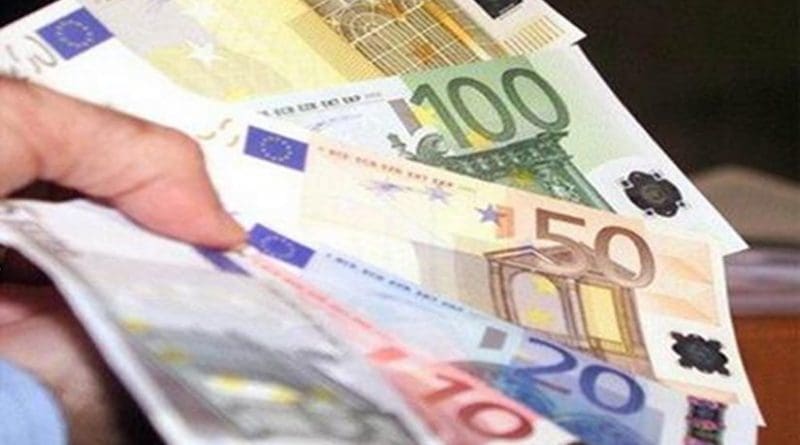German Companies Could Invest 12 Billion Euros In Iran’s Petrochemical Sector
By Fatih Karimov
German companies have proposed a 12 billion euro worth of investment in Iran’s petrochemical projects, Abbas Sheri Moqaddam, Iran’s deputy oil minister said without unveiling further details.
Sheri Moqaddam, who serves as managing director of Iran’s National Petrochemical Company (NPC) said that foreign investors are keen to participate in petrochemical projects in Iran, the oil ministry’s SHANA news agency reported.
Over the past few years, foreign companies were afraid of participating in the petrochemical projects in Iran, the official said, adding today, various delegations from foreign companies visit Iran to study the investment opportunities thanks to recent international developments.
The international sanctions against Iran are expected to be lifted in about one month, following a deal between Tehran and the P5+1(the US, UK, Germany, France, China and Russia) last July.
Referring to the drop in oil and gas prices in global markets, Sheri Moqaddam also said construction of petrochemical units which are fed with gas is still profitable.
Iran’s petrochemical output hit 44.4 million tons in the past Iranian fiscal year (ended on March 20), 10 percent more year-on-year.
The country’s actual production capacity is around 60 million tons, but the shortage of natural gas as feedstock, old production units, and the problem of sanctions, which has dropped exports, have caused petrochemical complexes to work at lower capacities.
Iranian petrochemical plants use 37 million cubic meters of natural gas per day, while Iran could deliver only 2.8 million tons of ethane to plants during last year totally. The country planned to increase this volume to 4.2 million tons this year.
The Islamic Republic hopes to realize an output of 120 million tons of petrochemicals by 2020 and 180 million tons by 2025.

